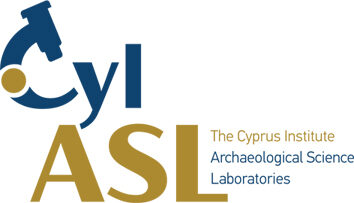‘Byzantine and Ottoman ceramic workshops in the Eastern Mediterranean’ is a cross-disciplinary project of the Cyprus Institute initiated in 2019 with the support of the A.G. Leventis Foundation. It aims to explore the long-term development of ceramic production centres within urban and rural economies of the early modern Eastern Mediterranean. Ceramic wares from several sites in Cyprus and Greece (Figs. 1 and 2) are studied in collaboration with the Department of Antiquities of Cyprus, the Ephorate of Antiquities of Thessaloniki and the Fitch Laboratory of the British School at Athens. The study includes the macroscopic examination of ceramic wares as well as petrographic and chemical analyses of ceramic bodies, slips and glazes.


The preliminary results of the ceramic analysis indicate that rural production centres in Cyprus can be distinguished based on their production technology and exploitation of raw materials. They are characterised by a variety of technological choices regarding the production of ceramic bodies, slips and glazes (Fig. 3).

Although continuity of production practices is observed throughout the early modern period, the workshops used to update the repertoire of vessels in line with consumption demands. Some of these workshops, such as those associated with the Troodos and Lapithos areas, were specialised in the production of particular wares, while others produced a range of cooking, storage and table vessels. The preliminary study of Thessaloniki’s ceramics also shows that the Ottoman conquest did not disrupt the work of urban workshops which stands in contrast to the northern Balkans (Živković et al. 2021). The Late Byzantine production of Sgraffito Ware continued into the Ottoman period with the addition of new decorative techniques and shapes.
